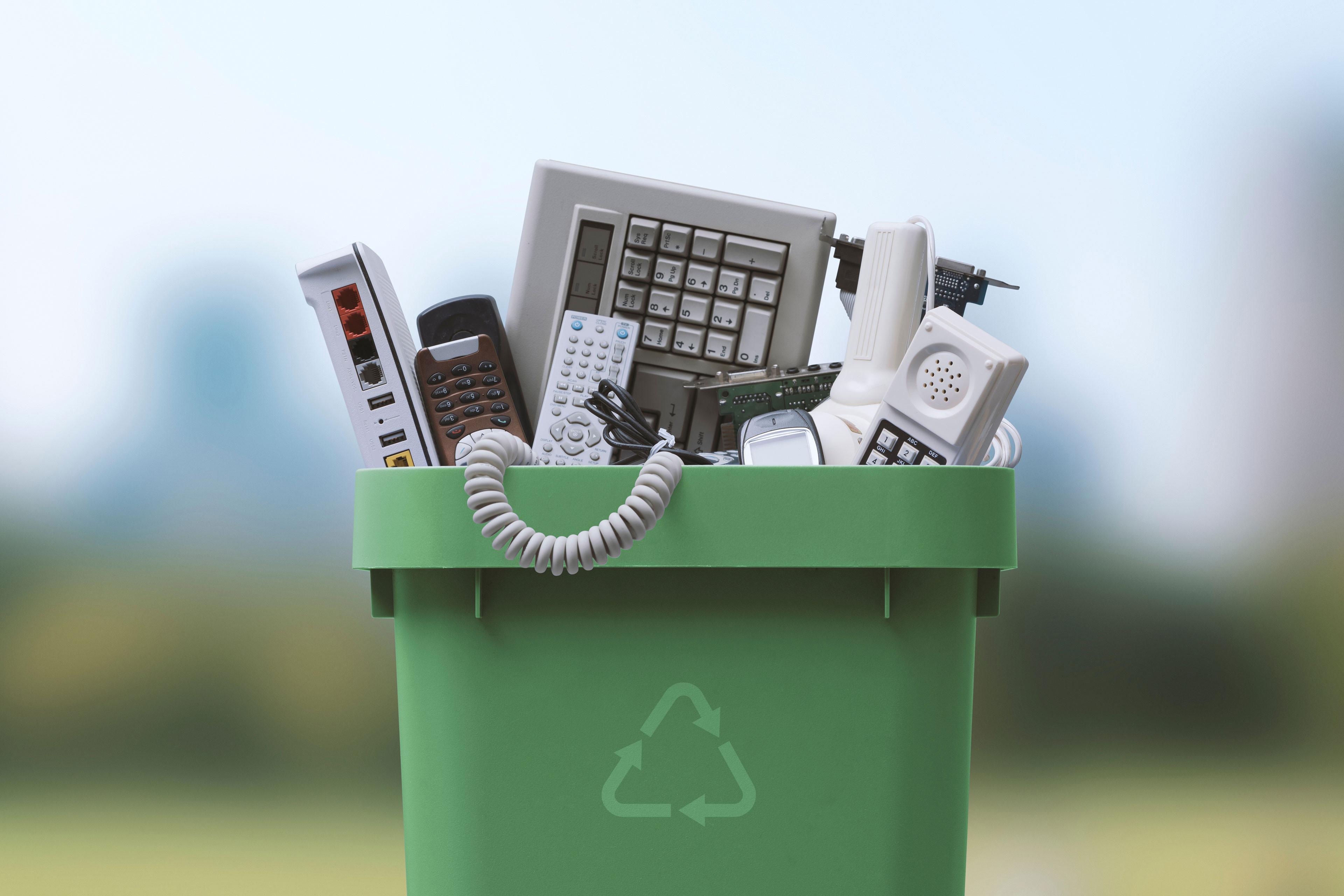

Grace Hu
Class of 2024Santa Barbara, CA
About
Hello! My name is Grace, and my Polygence project delved into the application of circular economy principles to E-waste management in India. My choice of this project was driven by my fascination with the intricate interplay of sustainability, economics, social dynamics, and technology. As I worked on my research paper, I had the opportunity to explore my interest in how the world can shift towards a more renewable, eco-friendly, and resilient future by finding incentives and optimized outcomes for various stakeholders.Projects
- "Literature Review of Application of CE to India’s E-Waste Problem, Using the 4R Paradigm to Identify Challenges and Opportunities" with mentor Isabella (Sept. 11, 2023)
Project Portfolio
Literature Review of Application of CE to India’s E-Waste Problem, Using the 4R Paradigm to Identify Challenges and Opportunities
Started June 20, 2023

Abstract or project description
E-waste is a global concern due to its environmental and health risks, and India, as a top producer, generates 3.23 million tonnes annually(Sengupta et al., 2023). India is adopting circular economy principles, influenced by the 4R paradigm, to address this issue. The goal of the circular economy is to achieve zero waste and to not waste any materials of a product- in this case, an electronic product at its end-of-life stage. The circular economy approach has the potential to be advantageous in multiple aspects including providing economic, environmental, and health benefits. Unfortunately, India has not been able to realize this potential due to its large informal sector, a sector that is unregulated by the government and processes almost all of the e-waste generated in India in a crude manner. Through a comprehensive literature review, the transition to a circular economy in the electronic waste sector is explored in India. First, key definitions and context on circular economy and e-waste is introduced, then context on India’s e-waste sector is discussed, benefits to formalizing the informal sector is analyzed, circular economy applications under the 4R paradigm in India is explored, and finally solutions to promote circular economy and recommendations on formalizing are given. The findings suggest that the primary challenge to shifting to a circular economy lies in the prominence of the informal sector, which is inefficient in resource recovery, unsafe and difficult to trace, and that solutions lie in incentivizing producer responsibility for waste, changing regulations around urban mining practices, raising awareness for consumers, and integrating the informal and formal sector.